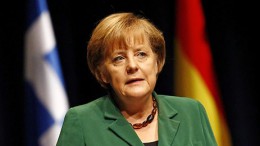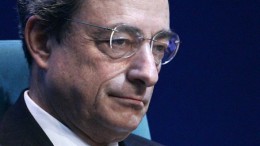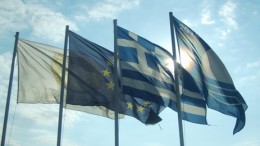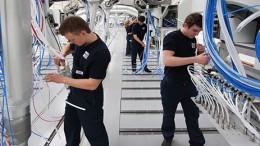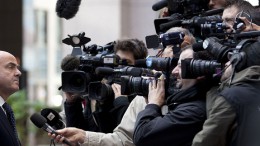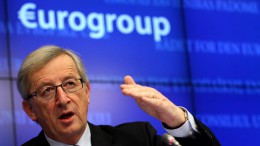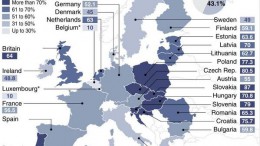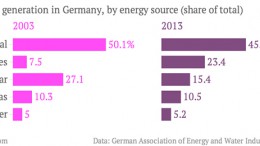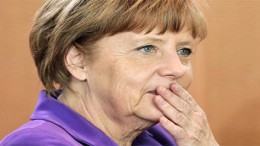Greece plays its last winning cards
MADRID | June 9, 2015 | By JP Marín Arrese | From the very moment Ms Merkel vowed to put an end to the Greek crisis, she filled the Hellenic sails with hopes of snatching extra concessions. Athens seems well aware that the German Chancellor is under heavy pressure to secure a deal before the G-7 meeting, and that it will profit from this unexpected manna. It will play these winning cards until they become obsolete.

